Countries that lead in innovation don’t get there by chance — they design for it. Without a cohesive national innovation strategy, opportunities for industry growth, investment attraction, and job creation go untapped.
We help governments and public agencies turn innovation into an economic growth engine:
We design national innovation strategies that move from policy to tangible results.
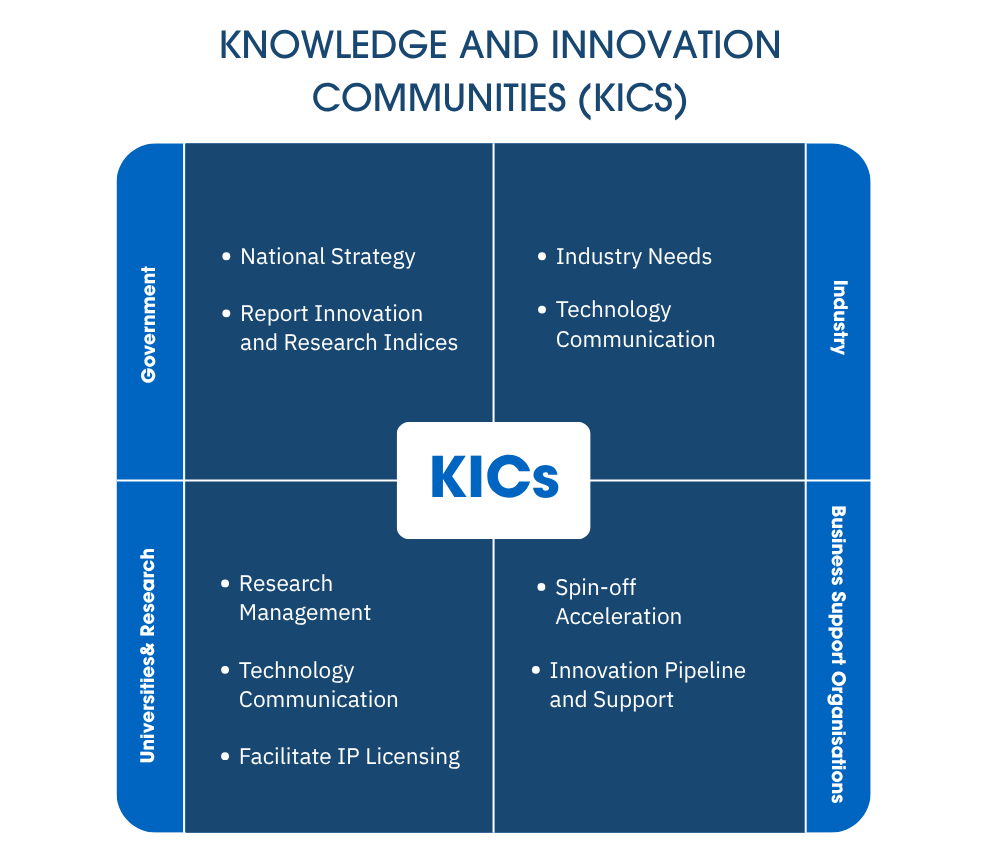
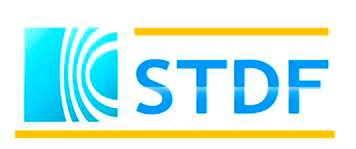
Commissioned by the Science & Technology Development Fund (STDF), this project sought to strengthen Egypt’s innovation ecosystem by addressing gaps in the research-to-market pipeline. The aim was to enhance technology transfer, IP management, and academia–industry collaboration to accelerate commercialization and drive sustainable innovation growth.
We reviewed innovation models, funding mechanisms, and technology transfer practices, conducting a detailed gap analysis of research-to-market activities. Stakeholder consultations informed actionable solutions, resulting in a strategic roadmap to close funding, IP, and collaboration gaps.

In partnership with Terre des Hommes, Innovety implemented a regional project across Egypt, Lebanon, and Jordan to address systemic challenges in juvenile justice and child migration. The project aimed to harness ICT solutions to close service gaps, improve humanitarian interventions, and develop an actionable roadmap for leveraging technology in Tdh’s programs.
Innovety did a comprehensive mapping of regional players in juvenile justice and child migration, assessed program gaps and beneficiary needs, and designed ICT-inspired strategic recommendations. We then developed a structured, actionable plan to guide the deployment of technology-driven solutions that directly address the identified gaps.
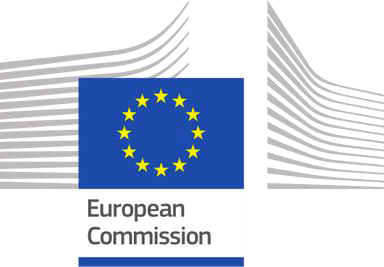
Lebanon’s innovation ecosystem was destabilized by the 2019 financial collapse, COVID-19, and the Beirut port explosion, disrupting industry–research collaboration and technology transfer. The Lebanon Innovate project sought to restore these linkages, strengthen IP and commercialization systems, and drive recovery by fostering stronger partnerships between universities, research centers, and industries.
Mapped the national ecosystem, assessed BSOs, and designed frameworks for Knowledge & Innovation Communities (KICs). Innovety supported universities with new IP policies, revamped the LIRA program, and delivered training for executives, R&D teams, and TTOs. A business model for a knowledge hub was created to enable long-term Lebanese–European collaboration.
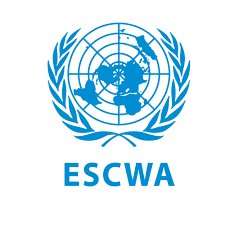
MENA innovation ecosystems face systemic gaps, including limited TTO–industry–policy collaboration and weak research commercialization. ESCWA Technology Centre sought to establish Knowledge and Innovation Centres (KICs) in Egypt, Jordan, and Lebanon to strengthen technology transfer networks, link research to markets, and align national innovation with regional sustainable development goals.
Conducted socio-economic and technology transfer gap analyses, engaged stakeholders via workshops and roundtables, and mapped TTO operational models. Designed a governance and business framework for regional KICs, including a national technology repository, validated with policymakers, research institutes, and industry leaders.
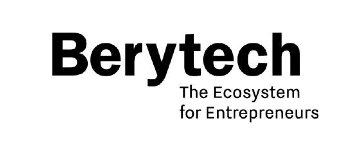
Lebanon’s agriculture and agri-food sectors contribute are key sectors but face persistent structural challenges, worsened by the 2020 economic collapse, Beirut Port explosion, and COVID-19. Berytech and the Netherlands Embassy established QOOT to drive sector growth, engaging Innovety to identify gaps, define five-year strategic directions, and design the operational phase for its business units.
Applied an innovation-driven strategy process, starting with a status assessment and SWOT analysis, then mapping trends, competitors, and opportunities. Generated, validated, and prioritized concepts into a consolidated set of initiatives, transformed into a five-year plan with detailed operational roadmaps for QOOT’s business units.

This project assessed the market potential and investment feasibility of Egypt’s media and media-tech industries. It aimed to provide actionable insights into opportunities, challenges, and business models that could transform Egypt into a hub for media-tech innovation while guiding investment decisions with data-backed recommendations.
We conducted in-depth primary and secondary research, benchmarking Egypt’s media sector against global and regional best practices. Through gap analysis, financial modeling, and organizational feasibility assessments, we identified scalable business and investment models tailored to Egypt’s evolving media-tech landscape.
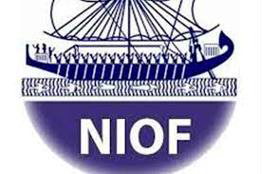
The EU-funded FORCE project aimed to strengthen NIOF’s capacity for sustainable fisheries and aquaculture development in Egypt and the Mediterranean. Innovety developed a research valorization strategy to enhance knowledge transfer, foster collaboration with EU institutions, and support policy implementation aligned with Horizon 2020 and EU Marine Strategies.
Conducted extensive interviews, document reviews, and background research, followed by data analysis and lessons learned to create actionable strategies. The work culminated in a strategic plan with clear action steps and funding alternatives to ensure long-term research valorization and sustainability.
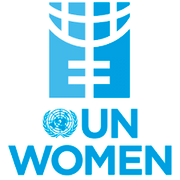
The Papyrus Cluster in Qaramos, a village deeply dependent on papyrus production, suffered a steep decline in demand largely due to the drop in tourism. This impacted the livelihoods of artisans. Innovety was engaged to revitalize the industry by assessing market potential, equipping stakeholders with essential business skills, and developing a comprehensive marketing and financing strategy to ensure long‑term sustainability.
Conducted a full value chain analysis to assess growth gaps, delivered practical training in digital marketing, e‑commerce, and product innovation, and developed a comprehensive marketing strategy with a one‑year action plan. Business matchmaking events connected artisans to local and international buyers, while innovative financing options like crowdfunding and micro‑loans strengthened sustainability.
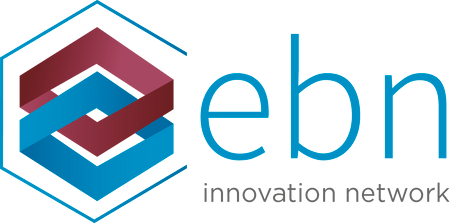
Innovety partnered with the European Business Network to address gaps in Egypt’s innovation and IP ecosystem, including fragmented policies, low IP utilization, and weak cross-sector collaboration. The goal was to align policies, boost IP awareness, and strengthen links between government, academia, and industry.
Conducted a detailed analysis of Egypt’s innovation and IP landscape, engaging key stakeholders to identify barriers and opportunities. Leveraging global best practices, developed a national innovation and IP framework with tailored education programs and policy recommendations to ensure adoption and lasting impact.

Egyptian universities and research institutions needed a practical framework to transform research outputs into market-ready solutions. The project aimed to create a roadmap for research valorization, focusing on technology transfer, intellectual property management, and spin-off development to strengthen industry-academia collaboration and drive economic growth.
Innovety analyzed global innovation cycles, mapped Egypt’s current research-to-market landscape, and identified gaps in technology transfer practices. Our approach involved benchmarking best practices, mapping enabling entities, and designing an actionable roadmap to enhance university technology transfer capabilities and ensure their financial sustainability.